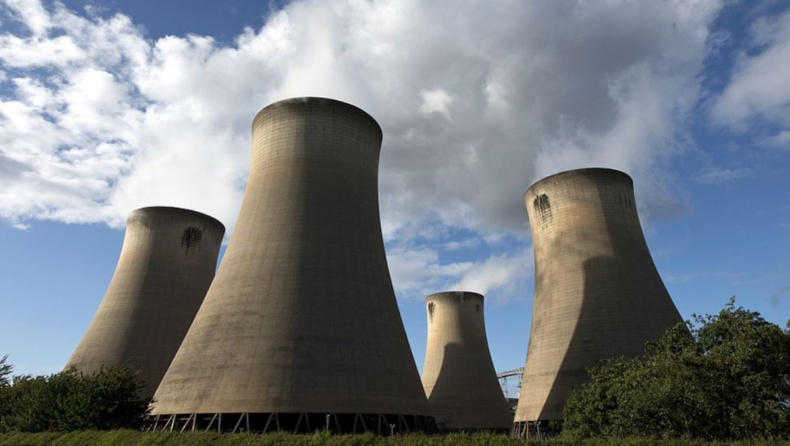A global public database with all the information about the oil fields, petrol wells etc has been launched.
A Global Registry of Fossil Fuels has been launched by the Carbon Tracker, a non profit think tank. This database contains information about almost 75% of global reserves of the coal, oil etc resources in the world. It involves data from over 50,000 oil, gas and coal fields all around the globe.
What does this Global Reserve Database contain?
This data collection can be easily referred to as one of its kind research attempts. It is called the Global Registry of Fossil Fuels since it provides the general public all the information about the production of fossil fuels in more than 50,000 oil, coal and gas fields and mines from 89 countries.
The information includes the level of production, the amount of greenhouse gases emitted and the trash dumped into the conventional dumping spots like lakes , oceans etc. Moreover, It also provides a detailed list of all the upcoming fossil fuel projects in several important parts of the world.
Why was this fossil fuels database released?
The CEO of the Carbon Tracker, the nonprofit that released this report, stated that he wishes that this data shall be used by the civil societies, concerned communities, leaders and the pressure groups alike to work towards sustainable withdrawal from fossil fuels.

Since the dawn of the times, the private information about the production and usage of fossil fuels in the coal, gas and oil fields has been kept secret by the businessmen, corporations and the investors. This has seriously hindered the global efforts to clamp down on excessive selfish exploiting of natural resources by these deep pocket corporations.
Moreover, a large number of diverse coal, oil and gas fields and mines are present now, which makes it extremely difficult to keep the track of activities of each one of them .So, in order to reduce that ‘resistance’, these data collection drives are performed and later made public.
The other organizations that are doing the same job.
Surprisingly, not just the Carbon Tracker, other eminent and authentic organizations like the International Energy Agency also maintain the data on the present and upcoming coal and oil fields in the world. Moreover, this data too has been kept public for the use of non profit organizations.
Many civil societies have come forward now to make sensible derivations from this data and therefore pressurize the government to take steps against the greedy corporations that are promoting these oil fields.
This Global Registry of Fossil Fuels has made some shocking discoveries while gathering the data. It has been estimated that the US and Russia have enough ‘untapped’ storage of fossil fuels which, if burnt, can easily engulf the leftover carbon budget that the whole world has. The carbon budget is the amount of carbon dioxide that can be released into the atmosphere of the earth before global temperatures are raised to 1.5 degree Celsius.
Hence, this data shall serve as a wake up call for all the leaders around the world ,especially those belonging to the Developed World, that the world is running out of time. It is important to take the necessary steps now before the natural balance is stripped and humans cease to exist as a healthy species.
Read More: Priyanka Chopra addresses the UNGA emotionally.
There have been countless reports released about the catastrophic effects of climate change, yet the leadership lacks that sense of urgency to do something about it. As the ex-president of the European Union stated in one of the press conferences, “ We know what to do and how to do it. We just don’t know how to get re-elected after we have done that.”
Therefore, it can be easily said that now the world is in a tight spot and we have run out of time to prevent the disaster. As some scientists claim, the climate change catastrophe is already on our doorstep. All we can do as a responsible species is to mitigate the consequences of that disaster. It is worth noting that India is one of the most vulnerable countries affected by climate change.
Interestingly, the release of this report coincides with 2 major events of the United Nations, the UNGA in New York beginning on September 13 and COP27 in Sharm El Sheikh, Egypt in November.













